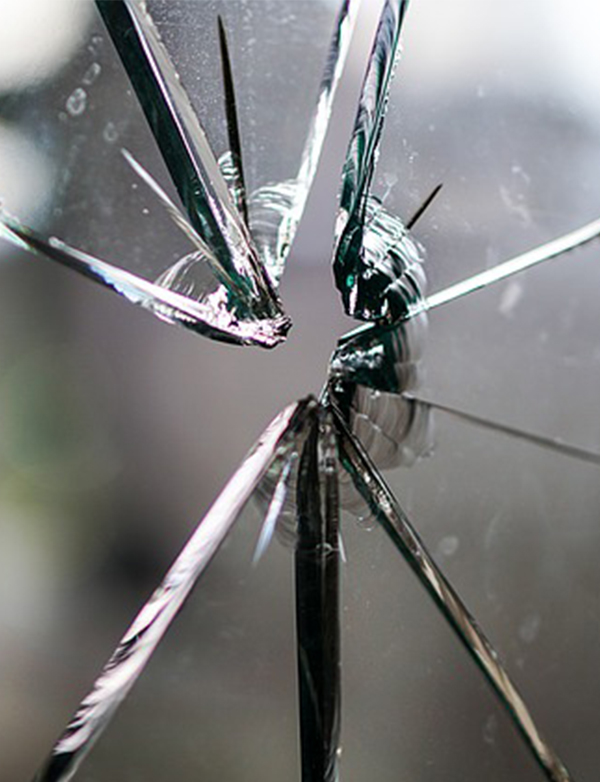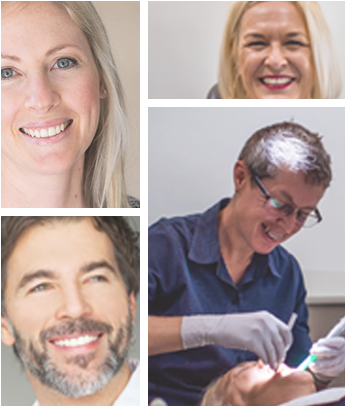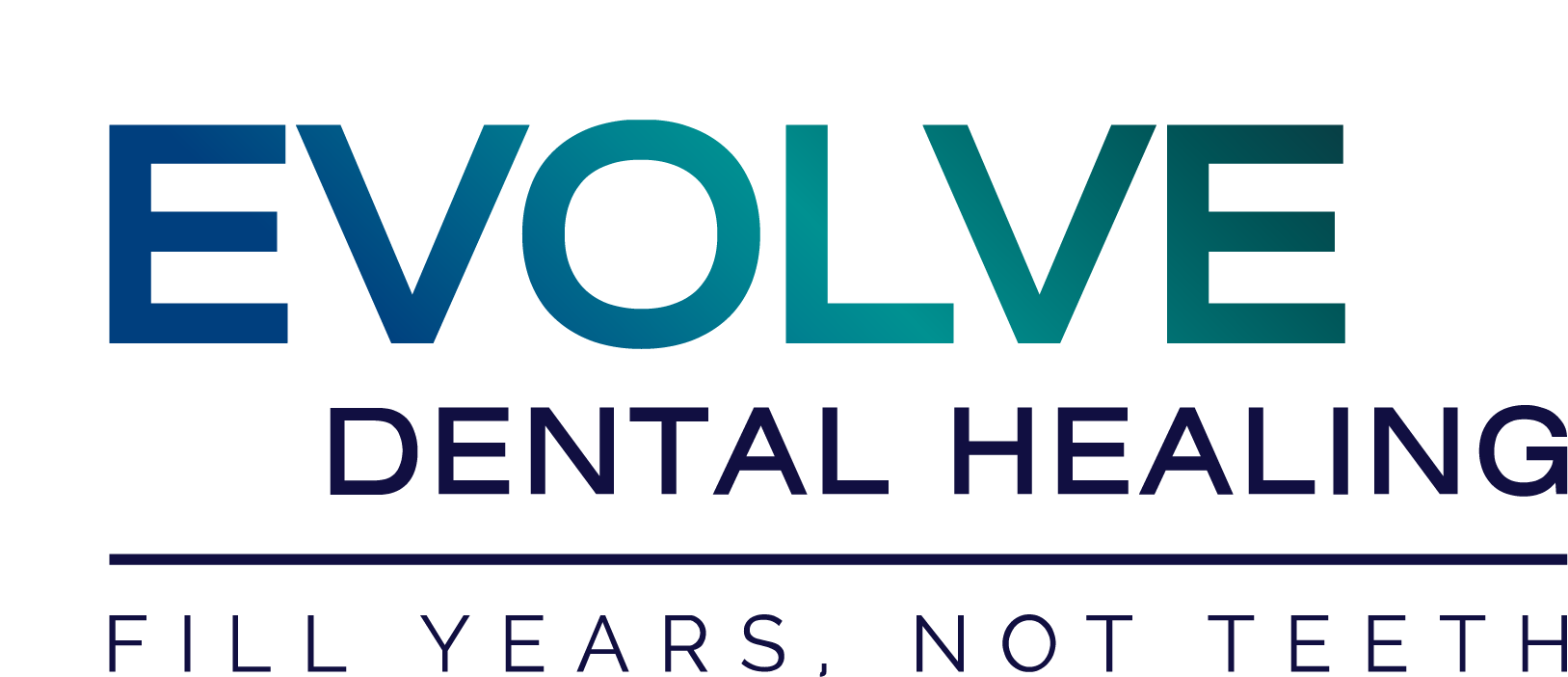Everything You Need To Know About Cracked Teeth

Cracked Teeth Facts
Teeth can crack if they are weak, heavily filled, badly decayed or if you clench and grind your teeth. A cracked tooth is not always painful so regular dental checks can help detect and fix cracks before it is too late. Dr Rachel of Evolve Dental Kenmore explains everything you need to know about cracked teeth.
What is a cracked tooth?
Cracked Tooth
A cracked tooth is a tooth that has become broken, has a fracture line or is starting to split. It can be totally symptom-free and is only picked up at a dental examination by your dentist, or the tooth may be sensitive to cold, painful to bite on or feel odd when you chew.
Cracks can run deep and far into the tooth putting it a risk of nerve damage, severe fracture or splitting – which means it may not be able to be saved.
Do all teeth crack in the same way?
Teeth can crack in several different ways:
Cracked tooth: This is when a crack runs from the biting surface of the tooth down towards the root. Sometimes it goes below the gum line and into the root. A cracked tooth is not split into two parts but the soft, inner tissue of the tooth can be damaged if the tooth is not treated early enough.
Craze lines: These are tiny cracks that affect only the outer enamel of the tooth. They are common in all adult teeth and cause no pain. Craze lines need no treatment.
Cracked cusp: The cusp is the pointed part of the biting surface of the tooth. If a cusp becomes damaged, the tooth may break. You will usually get a sharp pain in that tooth when biting.
Split tooth: This is often the result of an untreated cracked tooth. The tooth splits into two parts. Vertical root fractures are cracks that start in the root and go up towards the biting surface.
Why do teeth crack?
Many things can cause teeth to crack, such as:
- Extreme tooth clenching or grinding, which can put the teeth under enormous pressure.
- Decay or large fillings that weaken the tooth.
- Chewing or biting on something hard: for example ice, boiled sweets, fruit stones or meat bones.
- A blow to the chin or lower jaw.
- Gum disease, if there has been bone loss. This could make the teeth more likely to suffer from root fractures.
- Sudden changes in mouth temperature.
How can I tell if I have a cracked tooth?
The signs can be difficult to spot and the symptoms will vary. You may get pain from time to time when you are chewing, especially when you release the biting pressure. Extreme temperatures, especially cold, may cause discomfort. Or you may be sensitive to sweetness, but with no signs of decay. A small area of the gum near the affected tooth may swell.
Why don’t cracks show up on a dental x-ray?
Unfortunately, dental x-rays sometimes don’t show up the cracked tooth. This is because the x-ray beam must be parallel to the crack before it can penetrate it.
However, sometimes other signs of a crack may show up. With a vertical root fracture, if the crack has been there long enough, vertical bone loss near to the root can be seen. Your dentist may use a bright light or a magnifying glass to find the crack. They may also use a special dye to follow the course of the crack.
Will I need to have treatment?
Yes. It is important to get advice as soon as possible to help the treatment be more effective. If they are not treated, cracked teeth can lead to the death of the nerve, and an abscess might grow. The tooth could need root canal treatment or even take out. In severe cases, the tooth can actually split in two. If this happens your dentist will not be able to save the tooth and it will need to be taken out.
Will I lose my tooth?
In some cases the tooth may need to be taken out, but not always. So it is important to get advice as soon as possible.
How are cracked teeth fixed?
The type of treatment depends on the amount of damage to the tooth. Ask your dentist what is the best treatment for you:
Bonding: This is when a plastic resin is used to fill the crack. It can easily repair a small chip off the biting edge of the tooth. Bonding can restore the shape of the tooth.
Cosmetic contouring: This is done when the chip is very small. The rough edges of the tooth are rounded and polished to blend away the crack.
Veneers: These are ideal when there is still a fair amount of tooth remaining because they are long-lasting and need the least amount of tooth removing first. A veneer is a thin layer of porcelain or plastic material made to fit over the front surface of the tooth.
Crowns: These are used for a tooth that is not suitable for a veneer. A crown fits over what is left of the tooth, making it strong and giving it the appearance of a natural tooth. If the nerve has been damaged and becomes infected you may need to have root canal treatment first. This involves removing all infection from the root canal. The root is then cleaned and filled to prevent any further infections. The tooth would then be fitted with a crown to give it extra support.
After treatment for a cracked tooth, will my tooth completely heal?
Unlike broken bones, the crack in a tooth will never heal completely. After treatment, a crack may get worse and you could still lose the tooth. It is still important that you get treatment because most cracked teeth can work normally for years after treatment.
Can I stop my teeth cracking?
Not altogether, but there are some precautions you can take:
- Wear a mouthguard: If you grind your teeth at night, have a night-guard made to protect your teeth. If you play sports, wear a custom-made mouthguard.
- Avoid biting or chewing on hard objects.
- Get teeth with large fillings crowned to protect them and prevent cracking.
If you’d like to know more about cracked teeth or have any other dental concerns then please contact us today 07 3720 1811
-
Dr. Rachel Hall
Rachel is the founder and principal dentist at Evolve Dental Healing with over 30 years experience, practising holistically since 2001. Not your typical dentist, Rachel is a passionate opinion leader, challenging convention to empower people to make better dental and health choices, helping thousands to have healthy natural smiles. A respected writer and presenter on holistic dentistry, health and wellness it is Rachel’s mission to revolutionise the way people look at their dental health.
Talk to us for more details and information
CONTACT US
67 Kenmore Road
Kenmore Queensland 4069
Phone: 07 3720 1811
Fax: 07 3720 1899
Email: info@evolvedental.com.au
OPENING HOURS
Monday – Friday: 7:30am – 5:30pm
References and Citations Mercury & Amalgam Fillings




